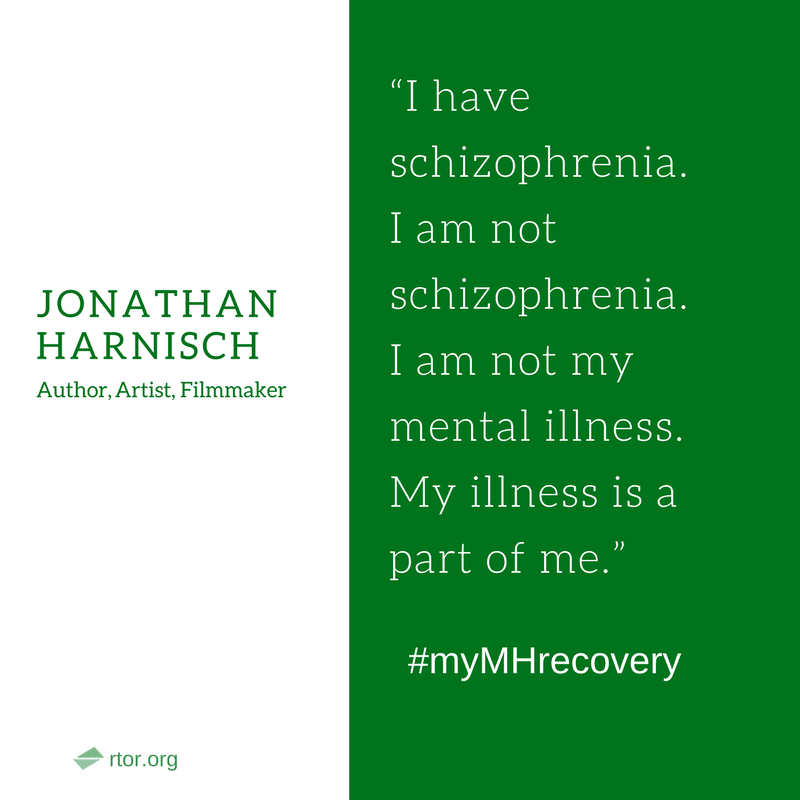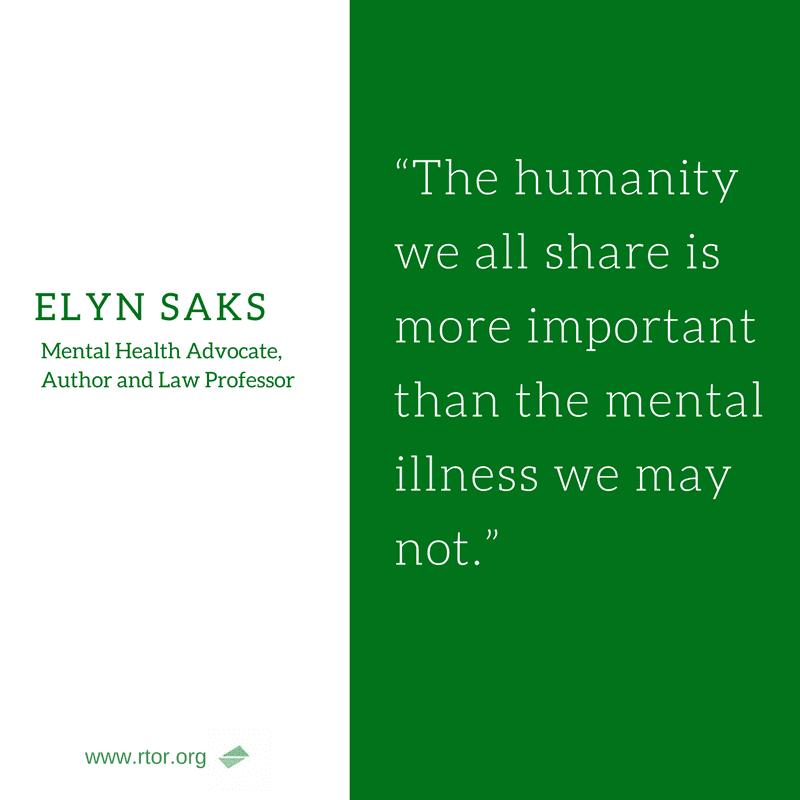Last year I joined Quora, a question-and-answer website where questions on every subject imaginable are posed and answered by its community of users. The community includes such notables as Barack Obama, Steve Case, and Justin Trudeau, who have answered questions on occasion. If you are curious about how celebrities choose the charitable causes they endorse […]
Our Latest Blogs
When someone has a serious mental health disorder such as schizophrenia we always seem to know when things aren’t going well. It can be much harder to tell when things are going right. This final installment in our series on cognitive therapy looks at the results of treatment and how to know whether it is working. […]
Often when young people and their families visit Laurel House, the top question on their minds is how a “psychiatric rehabilitation” program like ours can help people with serious mental illness have a better life. The concept of mental health rehabilitation can be hard to understand at first. But people usually get it when […]
In my first article in this series on cognitive therapy, I explained Why Cognitive Therapy Works for People with Schizophrenia and Other Serious Mental Illnesses. In Part 2 of the series, I give some examples of problems cognitive therapy can help with and who can benefit. Key Points from last week’s post on Why It […]
Part One in a four-part series on the benefits of cognitive therapy for people who experience psychosis. Forty years ago, there were two basic treatments for schizophrenia: medication and long-term hospitalization. Traditional psychotherapy was not usually offered because it did not help people with the most obvious and disturbing symptoms of psychosis: paranoia, delusions, and […]
In mental health, the term co-occurring disorders refers to the presence of two or more disorders in a person at the same time. In the past, co-occurring disorders were often confused with “dual diagnosis” (or “double trouble”), a term that was used to describe someone living with a mental illness and a substance use […]
Schizophrenia is among the most misunderstand of mental health disorders. This may be partly due to the origins of the term schizophrenia, which are based on the ancient Greek skhizein (split) and phren (mind). The “split mind” label has led many people to confuse schizophrenia with multiple personality disorder (now referred to as Dissociative […]
There was a time when a diagnosis of schizophrenia led to lifelong institutionalization. Improved treatments and a better understanding of this disorder have made it possible for people with schizophrenia to lead productive and highly satisfying lives in their communities. The following is a list of famous people diagnosed or otherwise thought to have […]
*Updated 9/24/2024* Have you noticed a family member beginning to act strangely? Do they believe that someone is trying to hurt them when there’s no apparent danger? Or maybe they’ve started following a complex belief system you can’t understand? If so, your loved one might be experiencing psychosis. Understanding psychosis and the disorders that cause […]
I recently read The Center Cannot Hold by Elyn R. Saks, an autobiography about the Yale-educated law professor’s life-long struggle with schizophrenia. It would be easy to write a book review, judging the work solely on its entertainment value and well-crafted prose. Yet, the core of the book contains serious messages about mental health, mental illness […]
Rarely does a movie get beneath my skin the way that the Brian Wilson biopic Love & Mercy did. As a child growing up in the 60s I preferred the American pop sound of the Beach Boys to the anglicized rock and roll of the Beatles. So I silently cheered when Paul Dano playing […]
Twenty-seven years ago in May, I began a career in mental health. This did not happen by design or training. I had just left the Peace Corps after more than five years of volunteer service working with the street children of Tela, Honduras in Central America. I returned to the US with my idealism […]
For the most part, the medications people take for schizophrenia treat only one symptom of the illness: the psychosis associated with delusions and hallucinations. Some of the most harmful effects of schizophrenia are the “negative symptoms” of flat affect, inability to take interest or pleasure in everyday life, lack of ability to begin and sustain […]
It’s encouraging to see that someone has written about an important mental health treatment called “cognitive remediation” from the perspective of a family member: The Consequences of Mental Illness That Nobody Talks About As this opinion piece makes clear, there is a growing body of scientific evidence pointing to the benefits of cognitive remediation, a […]
Yesterday, a reader of my blog, asked a question in the comments section about environmental triggers in schizophrenia. The short answer I wrote in reply was “Trauma, stress, use of marijuana and other psychoactive substances are thought to be common triggers of psychotic symptoms.” I did a little poking around today and found this story […]















